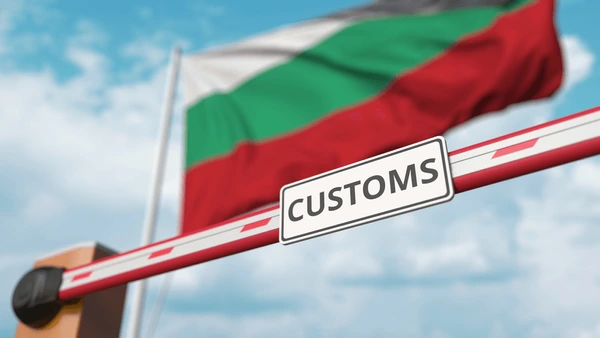In a recent interview with tagesspiegel.de, Asen Vassilev, Bulgaria’s Minister of Finance, unveiled the economic strain inflicted on the nation’s Gross Domestic Product (GDP), estimating losses between 3 to 5 percent. The root cause of this substantial economic setback lies in the challenges posed by border control measures and delayed delivery routes, primarily along the Schengen borders with Romania and Greece. Vassilev underscored the magnitude of these losses, characterizing them as “huge” and emphasizing the urgent need for assistance.
To address these challenges, Vassilev disclosed ongoing discussions with Germany, expressing hopes for concrete commitments on the deployment of German customs officials to strengthen border control along Bulgaria’s frontiers. While actively engaging with other European nations, including agreements with France and ongoing dialogues with Sweden, Vassilev stressed the critical nature of international collaboration in alleviating the economic impact.
In response to queries about the extent of German cooperation, the Finance Minister highlighted the staggering numbers involved, with approximately 4,000 trucks passing through the border daily, alongside millions of cars, buses, and trains annually. This border serves as a crucial entry point into the European Union, underscoring the significance of efficient operations.
Shifting the focus to Bulgaria’s trajectory towards the eurozone, Vassilev expressed confidence in the country’s scheduled entry on January 1, 2025. In contrast to the political impediments encountered in joining the Schengen area, where Austria has wielded its veto power, the Finance Minister emphasized that the decision regarding the eurozone entry would hinge on an objective assessment of Bulgaria’s readiness.

